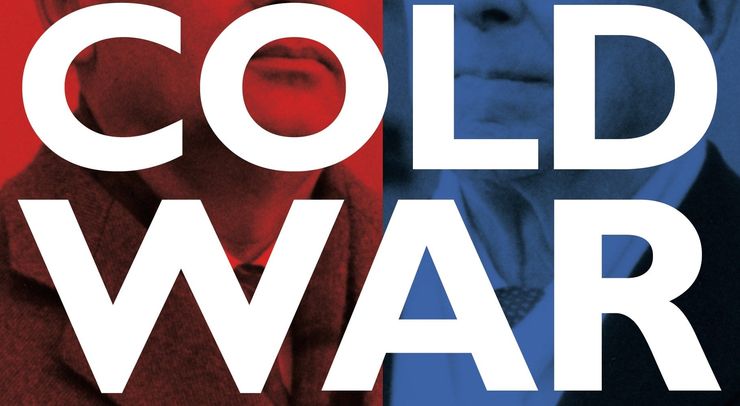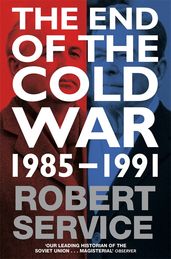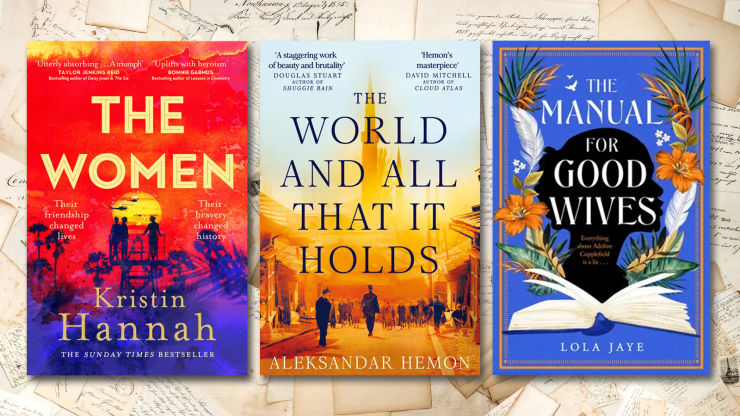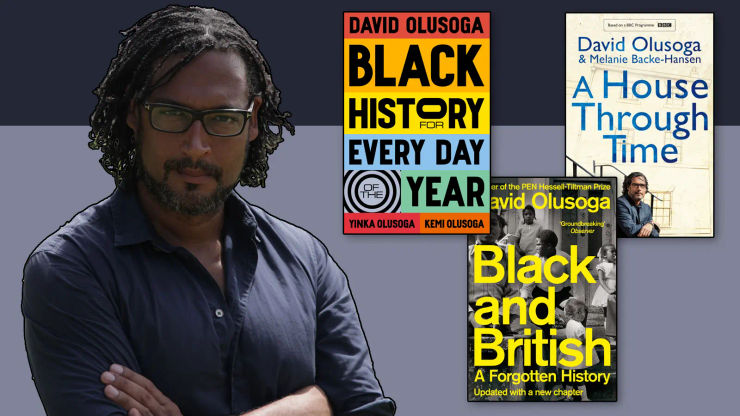The Legacy of the Cold War by Robert Service
Robert Service, author of The End of the Cold War, talks about the legacy of the Cold War and the end of the Soviet Union.

Robert Service, author of The End of the Cold War, talks about the legacy of the Cold War and the end of the Soviet Union.
The Cold War was the first war in history that could have put an end to history. If it ever had become a hot war involving nuclear weapons, the initial devastation and ensuing ecological catastrophe would have wiped out human life on the planet.
Until the mid-1980s there was no serious effort, either in Moscow or Washington, to get rid of any of the categories of missiles that might have triggered Armageddon. Many memoirs, documentary publications and scholarly accounts have been published on the extraordinary achievements of the Gorbachev and Reagan administrations in bringing about reconciliation between the USSR and the USA. Nearly all of them tend to focus on one side or the other in the Cold War. This new book The End of The Cold War is different in looking equally at both sides.
It shows how close the world came to catastrophe before 1985 and explains the careful but vigorous way that Gorbachev and Reagan, ably assisted and indeed prodded by Shevardnadze and Shultz, moved towards their rapprochement.
The reforms undertaken by Gorbachev had the effect of destabilising the USSR, which fell apart in 1991 – and Gorbachev resigned from power, leaving it to Yeltsin to deal with the consequences while taking charge of newly independent Russia. Reagan's successor, Bush, liaised closely with Yeltsin and proclaimed a new world order.
Much was accomplished, but everyone knew that much more needed to be done if the ultimate goal of a world without war – especially nuclear war – was to be achieved.
Negotiations continued through the 1990s and into the twentieth century to reduce the stocks of atomic weapons. But Russia, humbled by the collapse of its economy, nursed grievances against what it took to be America's bid for global domination.
Moreover, there were continual disputes between Russia and America when NATO expanded eastwards and incorporated countries that had belonged to the Warsaw Pact. Until the oil prices surged at the end of the last century, Russian leaders were in no position to re-assert themselves. But when Putin came to power, state revenues from the petrochemical sector enjoyed a bonanza.
Not enough was done in the 1990s to designate and agree what was and what was not acceptable to Russia on one side and NATO on the other – and Putin took advantage of the confusion by annexing Crimea and destabilising eastern Ukraine. We are not living with quite the apocalyptic danger of the Cold War any longer, but we are certainly living in dangerously disturbed times.
The world needs a settlement of the Russian question as urgently as it once required the Soviet question to be resolved.
The End of the Cold War
by Robert Service
Drawing on pioneering archival research, Robert Service's gripping new investigation of the final years of the Cold War pinpoints the astonishing relationships among President Ronald Reagan and Mikhail Gorbachëv, Secretary of State George Shultz and the USSR's last Foreign Affairs Minister, Eduard Shevardnadze, who found a way to cooperate during times of extraordinary change around the world. The story is of American pressure and Soviet long-term decline and over-stretch. The End of the Cold War shows how that small, skillful group of statesmen were determined to end the Cold War on their watch. In the process, they irreversibly transformed the global geopolitical landscape.
Further reading on the Cold War:
The End of the Cold War: 1985-1991 by Robert Service
Reagan and Gorbachev: How the Cold War Ended by Jack F. Matlock, Jr
Russia's Cold War by Jonathan Haslam,



